
Creating the Right Diet for Your Horse
Your horse’s nutritional requirements depend on his life stage and individual needs.

Your horse’s nutritional requirements depend on his life stage and individual needs.
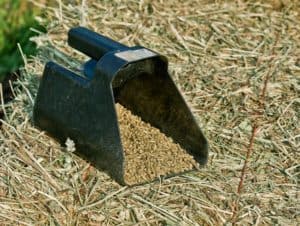
Researchers have shown feeding horses alfalfa prior to riding can help buffer stomach acid and offers relief for ulcer-prone horses. But is hay or a pellet better?

Find out how much protein your horse’s diet provides and whether it comes from high-quality sources.
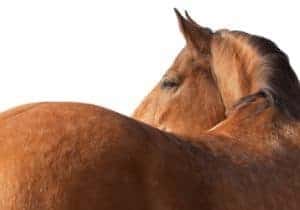
An equine nutrition expert addresses toplines, horse protein needs, and if whey is the way to go.
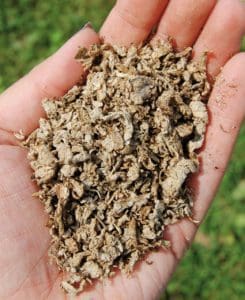
An equine nutritionist answers common questions about beet pulp, which has long been a mainstay in many feed rooms for horses, especially during the winter months.

Vitamins and minerals comprise a small portion of the horse’s diet by weight, but their importance is enormous. Learn more about when supplementation might be needed.
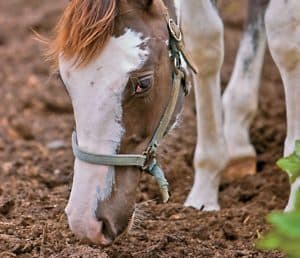
Decipher fact vs. fiction when it comes to the complicated world of feeding horses.
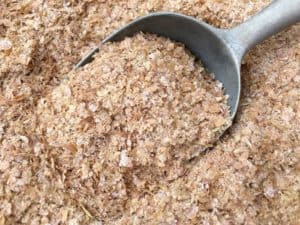
While steeped in tradition, feeding bran mashes can cause GI distress in horses. Learn why, and discover alternatives.
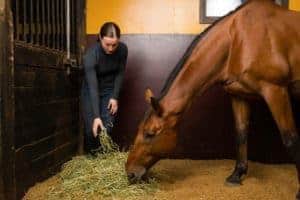
Find out how to design an affordable feeding program while still meeting your horse’s nutritional requirements.

Find out how you can influence your horse’s behavior through feed management and ingredients.

Here’s a look at what hair analysis and bloodwork each can tell you about your horse’s nutritional health.

Is your horse’s hay meeting his nutritional, health, and welfare needs? Learn how to make informed forage decisions in the Winter 2023 issue of The Horse.

Horses need the essential nutrient vitamin E for proper muscle and cell function. Here’s how you can be sure you’re meeting their requirements.
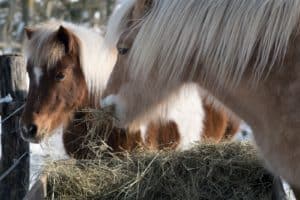
A nutrition expert offers advice for ensuring free-fed horses don’t overeat hay.
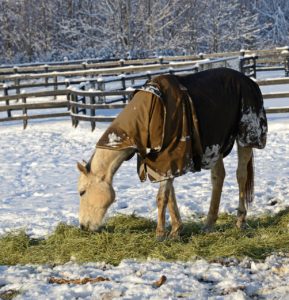
Ditch traditional bran mashes (and the issues they can cause) for forage feeding to keep horses warm.
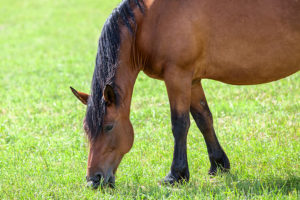
Nutritional evaluations take the guesswork out of whether your horse is consuming a balanced diet.
Stay on top of the most recent Horse Health news with
© 2022 Copyright Statement dolor sit amet, consetetur sadipscing User Terms, sed diam nonumy eirmod tempor invidunt ut labore et dolore magna aliquyam erat, sed diam voluptua. At vero eos et accusam et justo duo dolores et ea rebum. Stet clita kasd gubergren, no sea takimata sanctus est Lorem ipsum dolor sit amet.
"*" indicates required fields